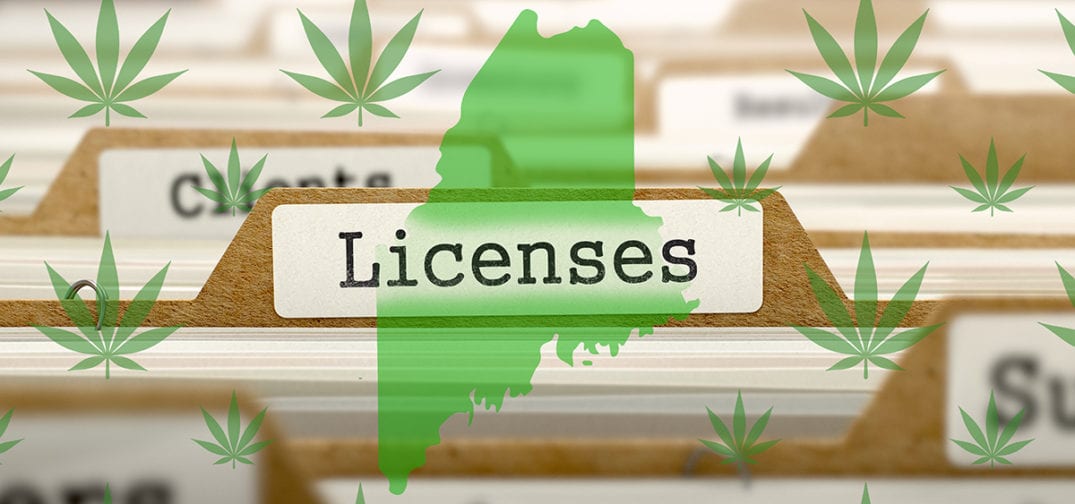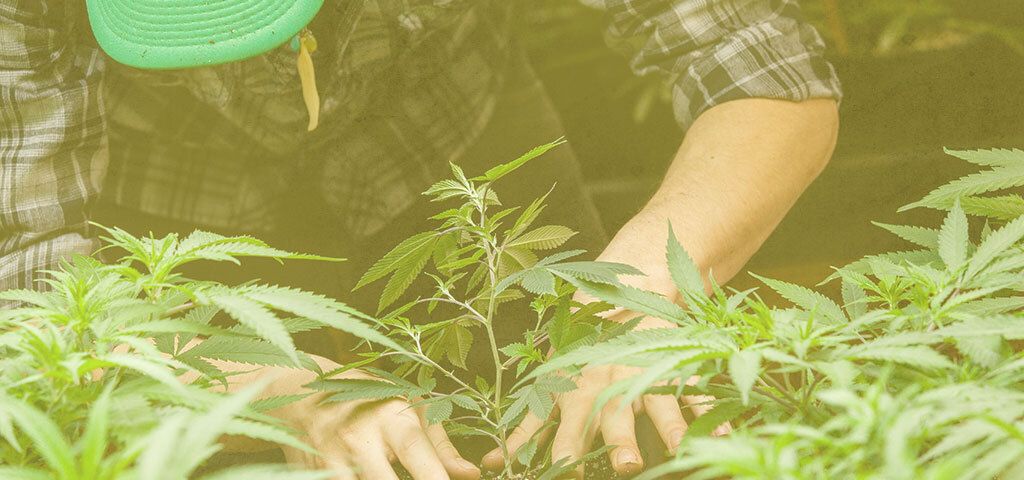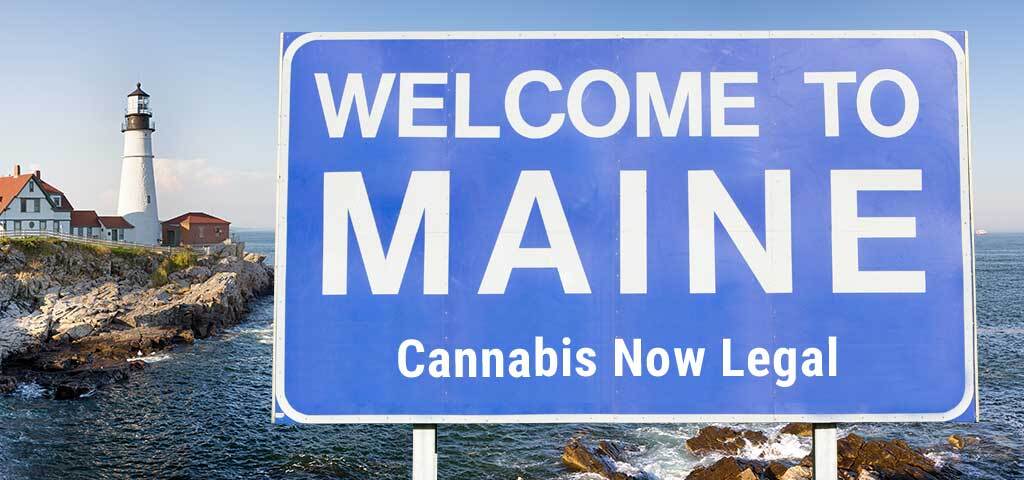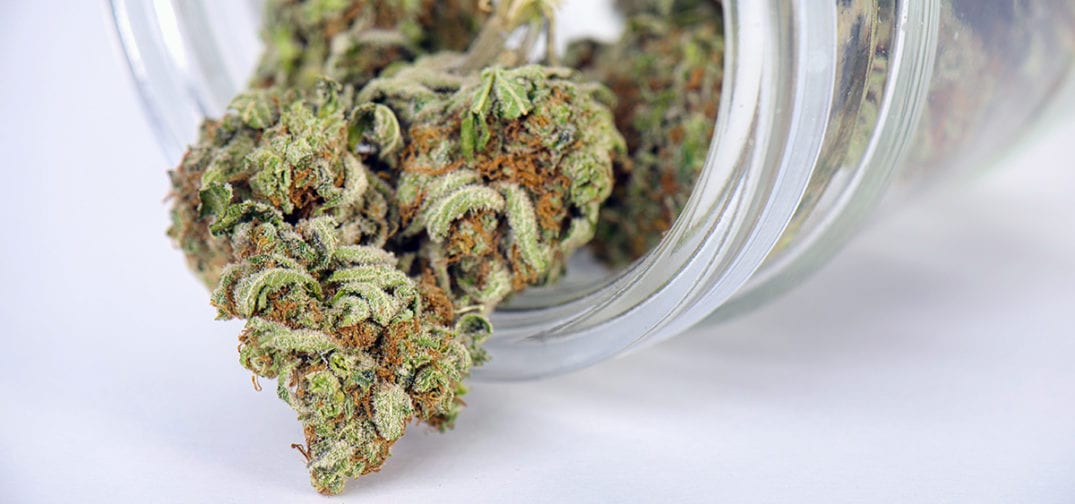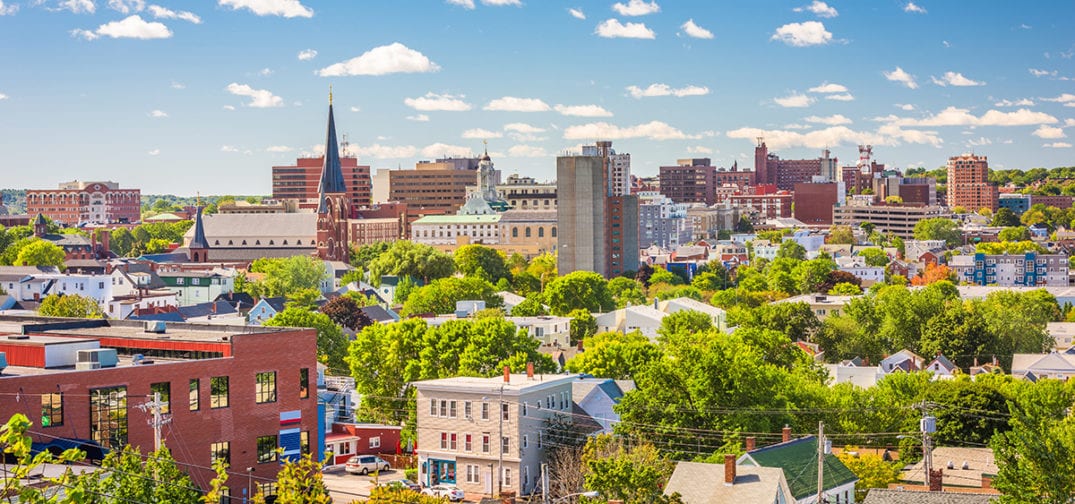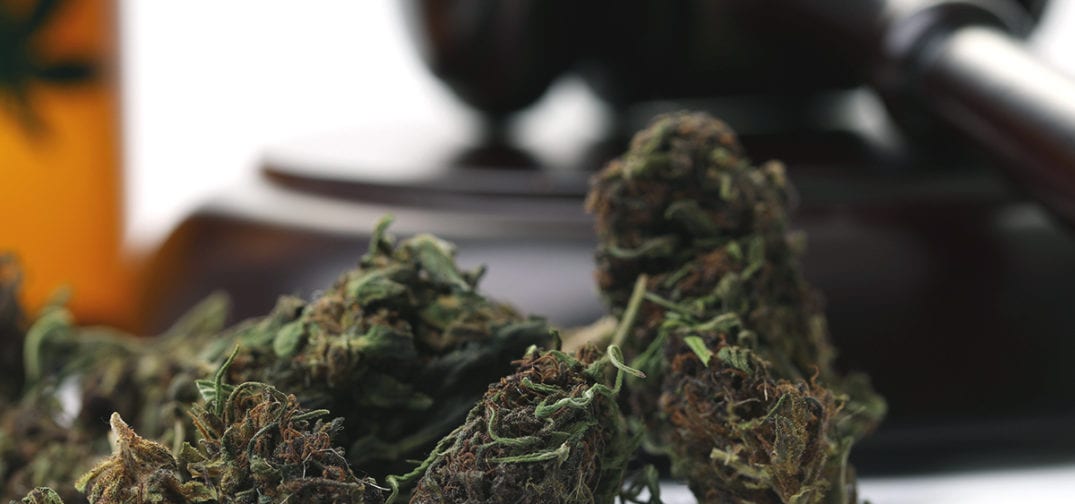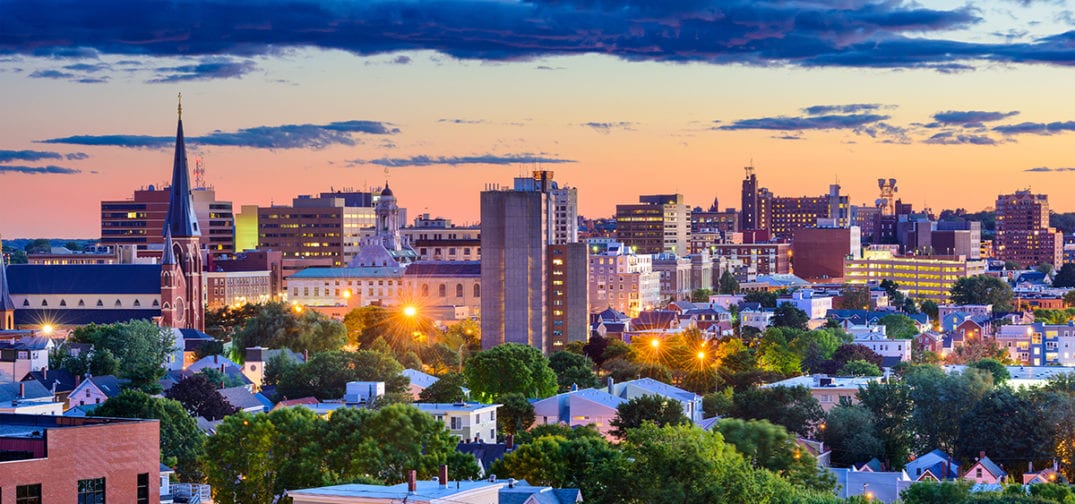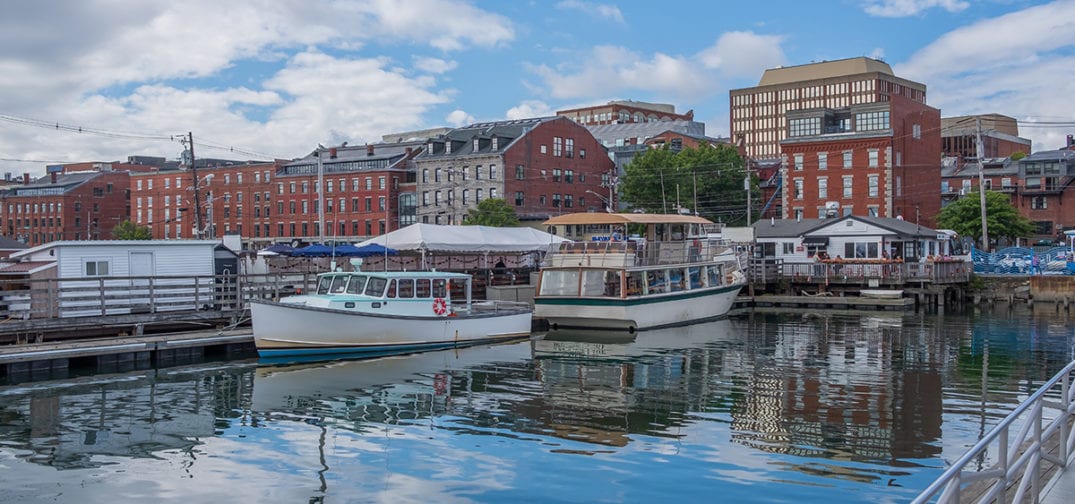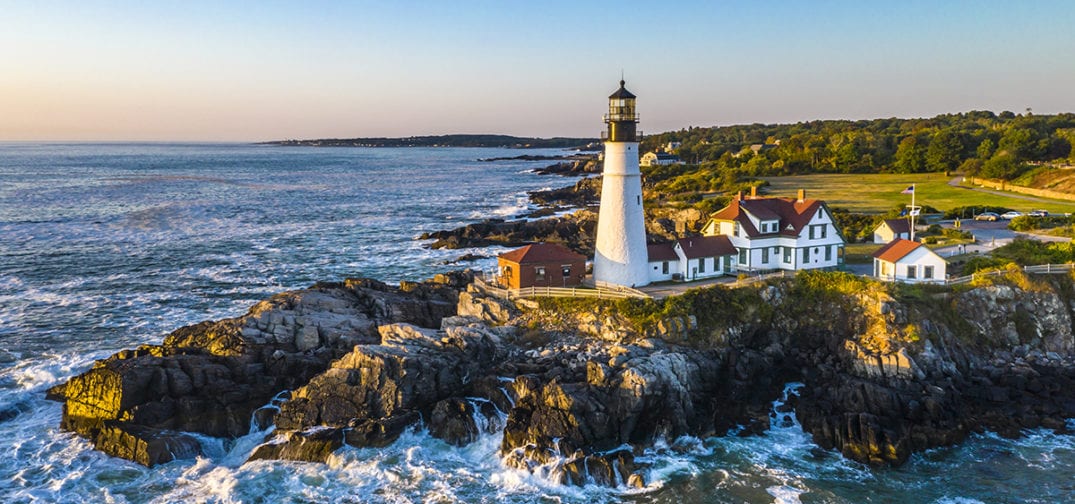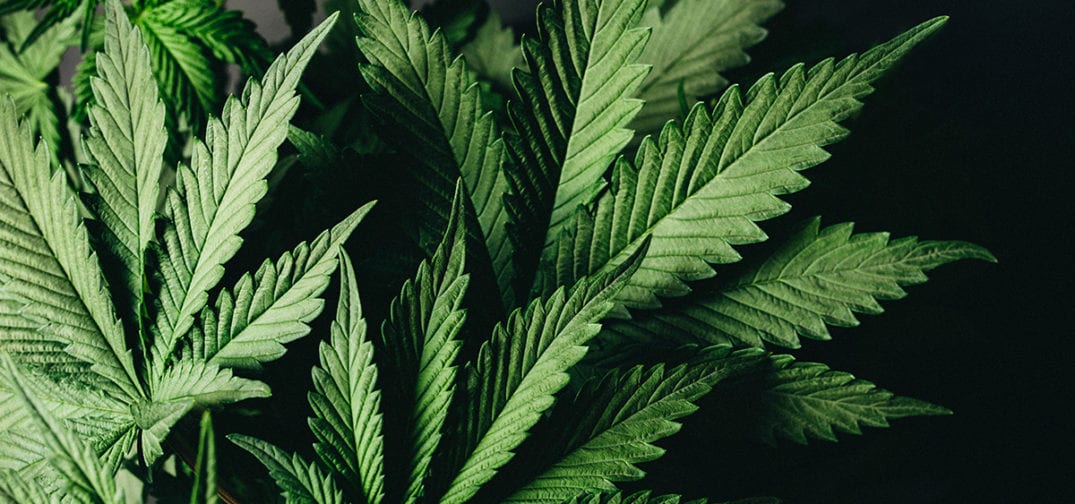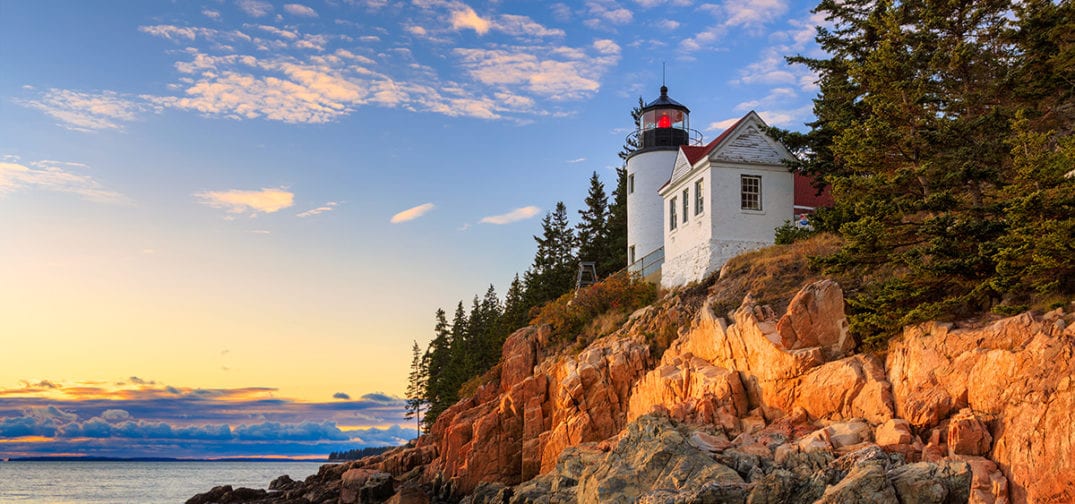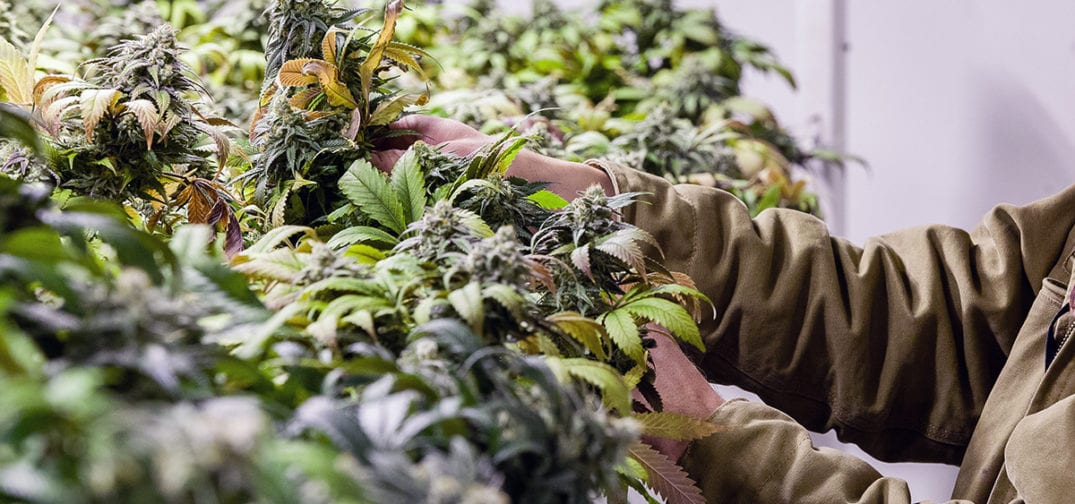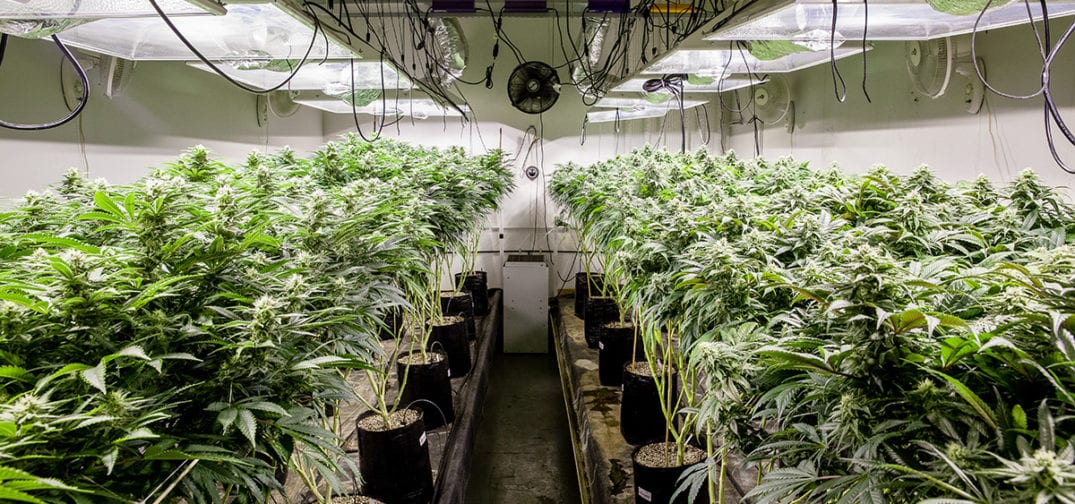A bill filed in Maine would legalize psilocybin mushroom therapy without a medical diagnosis, and allow adults 21-and-older to legally buy the psychedelic and use it under the supervision of a certified psilocybin service practitioner, according to the Dales Report.
The measure would include a 15% tax on retail sales of psilocybin products and allow manufacturing in a vertically-integrated model. The measure directs the state Department of Health and Human Services to establish guidelines for psilocybin treatment, such as personal possession restrictions, product testing, and standards for psilocybin care providers.
The bill says that those recommendations should be designed “to otherwise make this Act as consistent as possible in substance to the laws governing psilocybin in Oregon,” the report says. During the November 2020 election, Oregon voters approved a measure to legalize psilocybin therapy and Washington, D.C. voters moved to decriminalize all psychedelic plants, representing a watershed moment for psychedelic drug reforms.
In February, New Jersey Gov. Phil Murphy signed legislation to reduce the penalties for the possession of psilocybin mushrooms from a third-degree crime to a disorderly person offense. Lawmakers in Missouri and California are also considering bills to add psychedelics to the state’s Right to Try law, and decriminalize the substances, respectively.
The Maine measure was referred to the state legislature’s Joint Health and Human Services Committee.
A separate bill already filed in the state would decriminalize all currently illegal drugs, subjecting offenders to a $100 civil fine rather than jail time, according to the Dales Report. The fine could be waived if a person were to undergo a health assessment.
End

